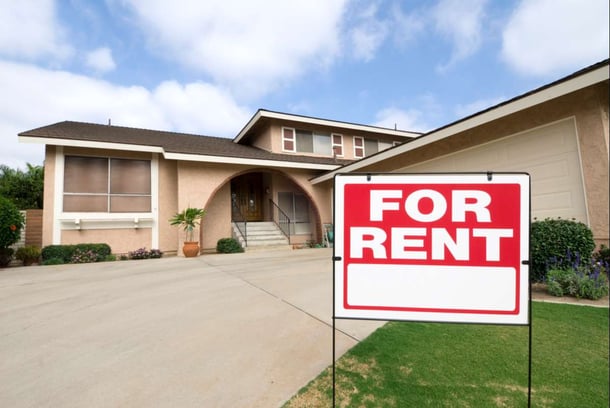It is the desire of every landlord to have tenants that stay for several years running in order to reduce turnovers. However, that is not the reality of the real estate market as landlords are forced to handle turnovers regularly. Once you get a non-renewal notice from any of your tenants in your Metro Atlanta rental property to signal that they plan on moving out at the end of the lease agreement, you need to start putting a strategy in place to effectively turn over the rental unit.
The turnover process of transitioning from the previous tenants to the next can be quite stressful for a property owner. There are many things you need to take care of including everything from proper notices to inspections and security deposits. Failing to handle the process the right way can result in a loss of income, and the process can get overwhelming quickly.
How Long Does a Turnover Take?
If you are a property owner that understands how much money you can lose through an apartment turnover, you will want to reduce the turnover time as much as possible. However, how much time is needed for a rental unit turnover remains a big question among many landlords. Just like the cost, the turnover timing can vary significantly.
If a rental unit was maintained in a great way and it only needs some quick cleaning and a paint job, the turnover time can last just a few days. Those that need extensive updates and renovations, however, can take several weeks for the turnover process to be completed.
In most cases, the turnover process will last for at least 2 weeks. Even in cases where the maintenance workers have been scheduled beforehand, the process of scheduling cleaning, painting, and finding new tenants is rarely less than 10 days. However, experienced Metro Atlanta rental property management companies can speed up the process, though it's rarely less than a couple of days.
Importance of Faster Turnaround Times
One of the most obvious reasons why quick turnover times are important for property owners is to avoid the loss of income. When the property is left vacant, the landlord loses out on valuable rental income. Minimizing the turnover times ensures that the disruption in rental income is insignificant to maintain consistency.
Slower turnaround times can also have an impact on the satisfaction of your tenants and potential clients which may have a long-term impact on your ability to retain or attract new tenants. By limiting the time taken to turn around a rental unit, it becomes easier to attract new tenants and keep hold of the current ones, thus preventing future turnovers.
Optimizing the Turnaround Process
Although there is no standard for the turnover process, it is important to make it as thorough and rigorous as possible to make sure that the tenant coming in has an easier time settling. It is also a great way to save money since that minimizes repairs during the lease period, especially in cases where the turnover involves extensive renovations. It is worth noting that quality is vital during this stage and everything needs to be done diligently.
When you need to handle a turnover as a Metro Atlanta rental property owner, it is important that you work with a standard make-ready process. It is easy to overlook some of the details involved in this process due to the demands and pressures that come with a traditional turnaround. Creating a make-ready process allows you to go over every single detail.
The turnover process includes different things that need to be cleaned, checked, repaired, or replaced before the next tenant moves in. Since some of these things can easily be forgotten, creating a make-ready process allows you to delve into the specifics and handle the process in a step-by-step manner to avoid any mistakes that may jeopardize your ability to find new tenants and smoothen the turnover process.
Working with a Property Manager
Alternatively, property owners can work with property management companies to reduce the turnover time and make sure that it is managed in the most effective way. Property management companies have a wide network of connections that they can leverage to get new qualified tenants as soon as possible limiting the number of vacancies on your property.
Similarly, they work with professional contractors that are available on call to handle any repairs and maintenance to get the property in mint condition for the next tenant to move in. The services also come at a more affordable price as they offer discounts that don't trickle down to the property owners, thus saving money.
Handling their turnover process can be a thorn in the shoe for any property owner and it could make the difference between you finding a new tenant or having a vacant unit on your property. By downloading the free Make-Ready checklist, property owners can make the process smoother and faster without compromising on quality. Download it today to get started!


